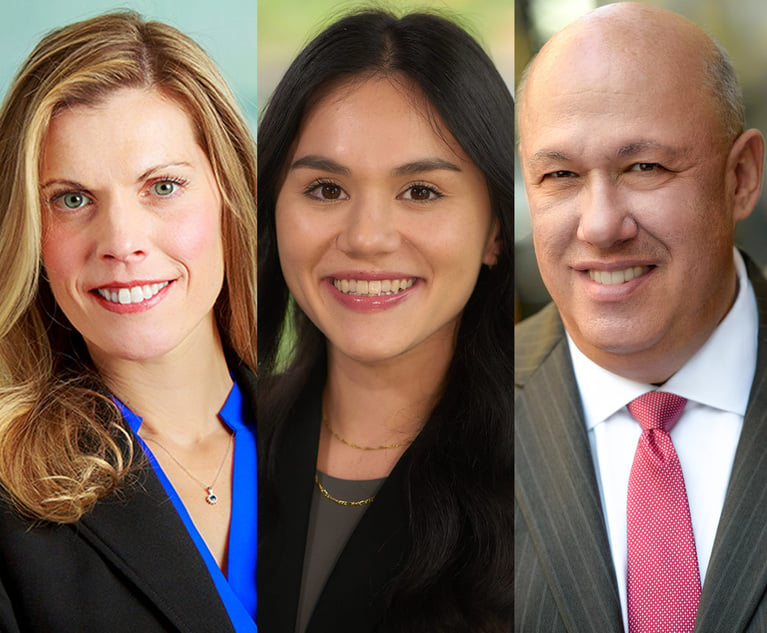Civil litigants frequently produce documents and provide testimony pursuant to protective orders with the expectation that, thereafter, they will be able to prevent the materials’ public disclosure. A substantial risk exists, however, that the documents or testimony will later be made public, especially if they are used in connection with court proceedings. For civil litigants whose conduct has criminal implications, a separate but equally substantial risk exists that the materials will find their way into the hands of a government prosecutor.
In United States v. Maxwell, 2021 WL 2776658 (S.D.N.Y. June 25, 2021), U.S. District Judge Alison J. Nathan for the Southern District of New York recently addressed an attempt by the criminal defendant, Ghislaine Maxwell, to suppress evidence that she had produced pursuant to a protective order in an earlier civil litigation. Maxwell argued that because the evidence had been produced pursuant to a protective order, the government was now seeking to use it against her in violation of her Fifth Amendment right against compelled self-incrimination and her Fourth Amendment right against unreasonable searches and seizures. Judge Nathan rejected Maxwell’s arguments, finding that (1) Maxwell had not been compelled to provide the evidence (she could have invoked her Fifth Amendment right and refused to do so), and (2) she had no reasonable expectation that the evidence covered by the protective order would be shielded from the government (because, as Judge Nathan put it, the protections offered by a protective order are “porous and ephemeral”).
This content has been archived. It is available through our partners, LexisNexis® and Bloomberg Law.
To view this content, please continue to their sites.
Not a Lexis Subscriber?
Subscribe Now
Not a Bloomberg Law Subscriber?
Subscribe Now
LexisNexis® and Bloomberg Law are third party online distributors of the broad collection of current and archived versions of ALM's legal news publications. LexisNexis® and Bloomberg Law customers are able to access and use ALM's content, including content from the National Law Journal, The American Lawyer, Legaltech News, The New York Law Journal, and Corporate Counsel, as well as other sources of legal information.
For questions call 1-877-256-2472 or contact us at [email protected]


 Edward M. Spiro and Christopher B. Harwood
Edward M. Spiro and Christopher B. Harwood




